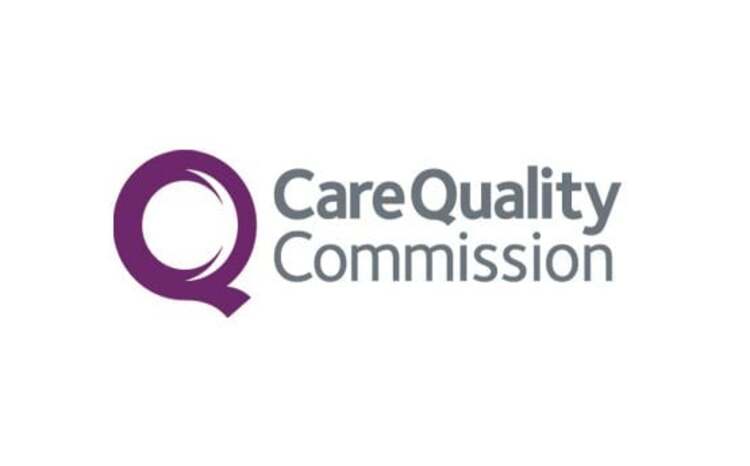Babylon threatened to sue CQC, emails reveal

A series of emails chronicling the legal spat between Babylon and the Care Quality Commission has been made public, revealing the firm threatened to sue the regulator for any damages arising from an inspection report.
Babylon went to the High Court last year to try to prevent the CQC publishing a report which questioned the safety and effectiveness of the company’s digital health services.
The report, based on an inspection of Babylon in July 2017, highlighted concerns about the potential for prescriptions to be misused and about information not being shared consistently with GPs.
The firm argued the report contained factual inaccuracies which demonstrated a lack of understanding of the digital service, and therefore attempted to block its publication with a High Court injunction.
Emails received by HSJ under the Freedom of Information Act now reveal that Babylon also threatened to sue the CQC in the event it suffered commercially as a result of the “inaccurate and misleading” report.
In the e-mails, the firm alluded to supposed connections between CQC members and commercial rivals of Babylon that indicated “an appearance of bias”.
Specific concerns were raised about Professor Steve Field, the CQC’s chief inspector of primary care, HSJ reports.
Field holds an honorary partner role at the GP Modality Partnership and is also a paid advisor for the Wesleyan Assurance Society.
Babylon claimed that both of these organisations were planning digital capabilities that could make them competitors.
It argued this could “cause a reasonable, fair minded and informed observer to conclude that there was a real possibility of bias” in the report.
Additional complaints made by Babylon included claims that inspectors were not qualified to regulate digital health services effectively.
Babylon ultimately dropped its legal challenge against the CQC after the High Court ruled against the injunction.
The CQC report was published on 8 December 2017 with minor amendments, with Babylon having to cover the regulator’s £11,000 legal costs.




